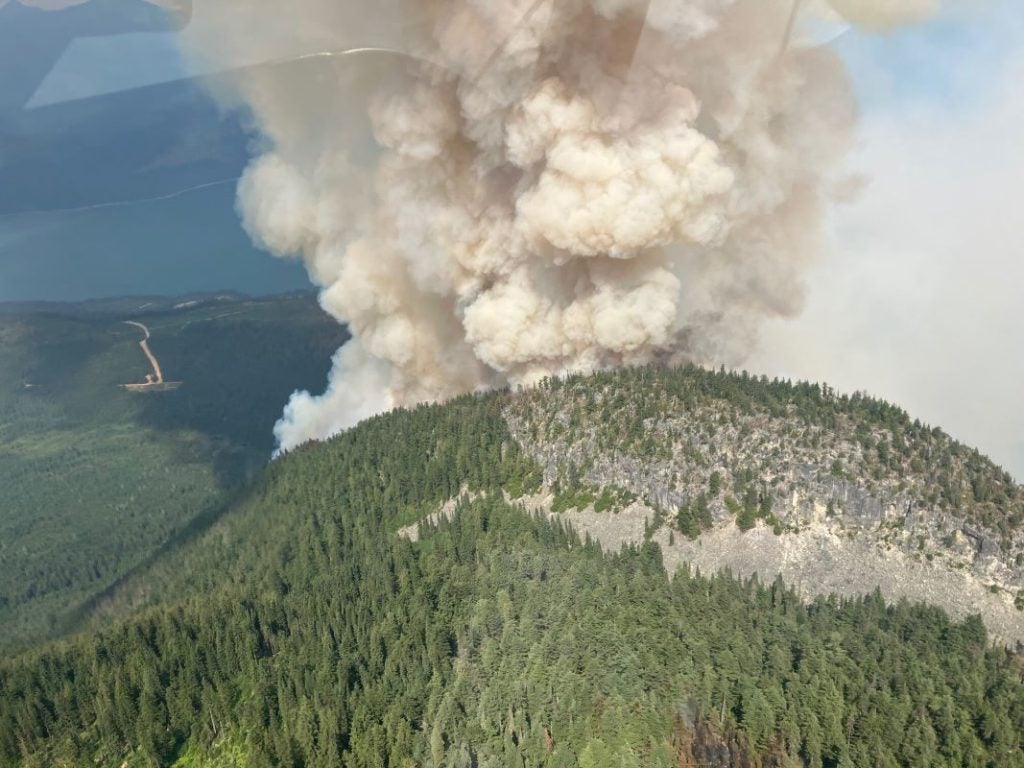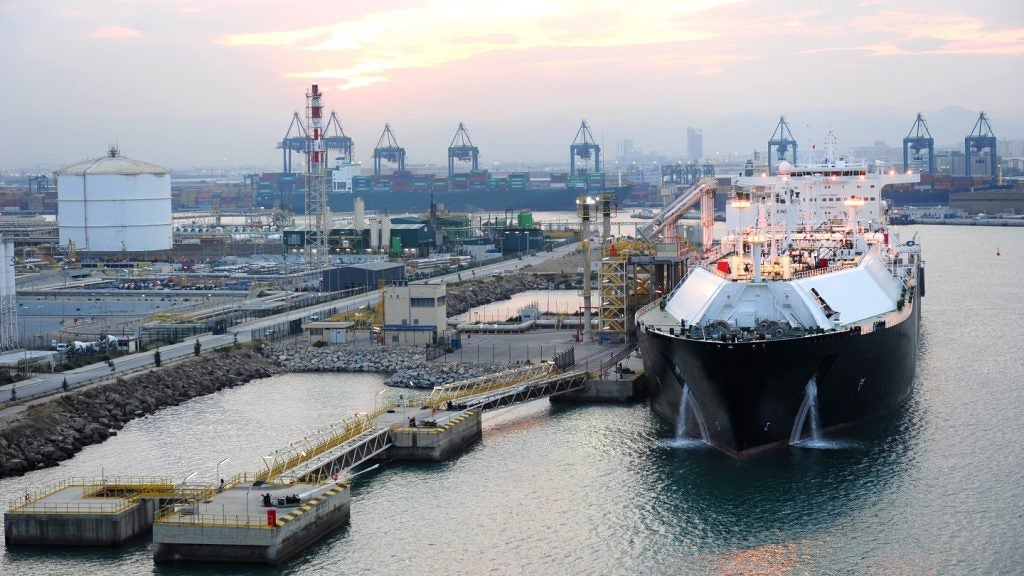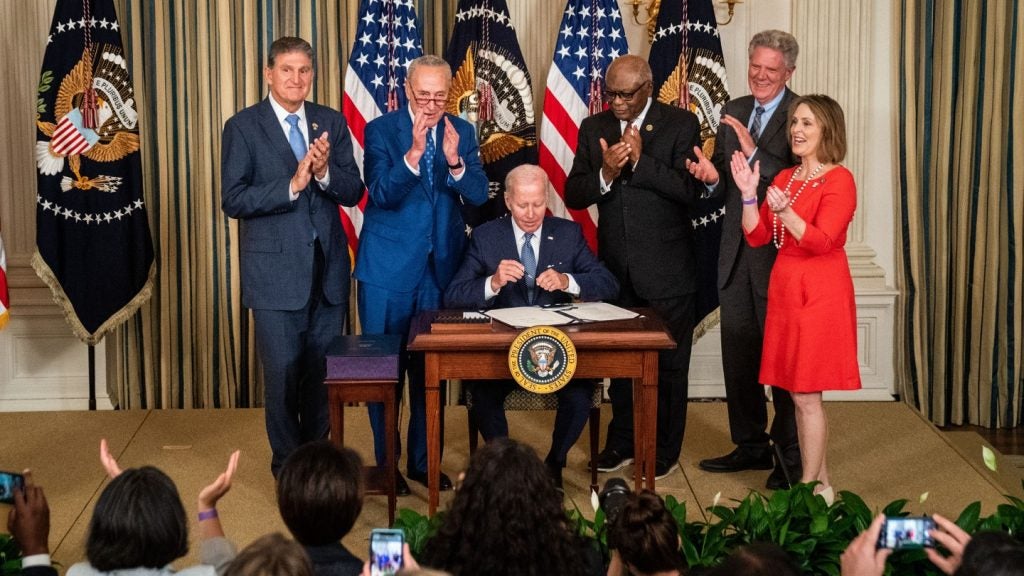Two US senators have finally introduced a long-awaited bill to the upper chamber that will speed up the permitting of projects related to power transmission, liquefied natural gas (LNG) exports and mining.
On Monday afternoon, independent Joe Manchin and Republican John Barrasso said the legislation, the Energy Permitting Reform Act of 2024, would strengthen and increase the reliability of the power grid, and subsequently help keep power prices low.
The legislation sees federal approval and environmental assessment processes shortened, and limits court challenges.
According to several US media reports, the legislation could speed up approvals of clean energy projects, energy pipelines and electricity transmission projects.
However, the schedule for the bill's progress through Congress and the Senate is unclear, with Washington currently preoccupied with the coming presidential election.
In a related press release, Manchin said the US is “blessed with abundant natural resources that have powered our nation to greatness and allow us to help our friends and allies around the world”.
Committee member Barrasso added that the government’s “disastrous permitting system has shackled American energy production” and punished families, hence “congress must step in and fix this process”.
He continued: “Our bipartisan bill secures future access to oil and gas resources on federal lands and waters.”
At least one mining organisation has expressed support for the bill.
The American Exploration & Mining Association said: “Our inefficient federal permitting system is a significant deterrent to attracting investment in the US to explore for and develop strategic mineral resources.”
It added in a statement that the system “has resulted in the US being increasingly reliant on foreign countries” and the these reforms are “a good start, and we look forward to working with both sides of the aisle to see they become law”.
Barrasso added in a press release from the committee that “our outdated permitting system is stifling our economic growth, geopolitical strength and ability to reduce emissions”.
The bill has appeared after almost a year of debate within the Senate Committee on Energy and Natural Resources, of which Manchin, an independent who generally sides with Democrats, is the chairman.
The committee has listened to testimonies from numerous energy, mining and environmental players.
Enhancing the US’ transmission capacity and building a smart grid would help move renewable energy to where it is needed most, such as cities and industrial areas, with many clean energy projects still awaiting grid connection.
Several US oil and gas trade groups have also applauded the new legislation.
The Independent Petroleum Association of America and the National Ocean Industries Association praised the committee members for “listening to the concerns and frustrations of users of multiple-use lands across the industry”.
They added that “they have put forward a permitting reform package that will improve coordination, reduce permitting wait times, remove the LNG export ban, and restore certainty to the Gulf of Mexico leasing process”.
"We also commend the bill's support for offshore wind lease sales. While the power generated from offshore wind projects may be local, the economic significance, including the supply chain, has a national footprint,” they added.















